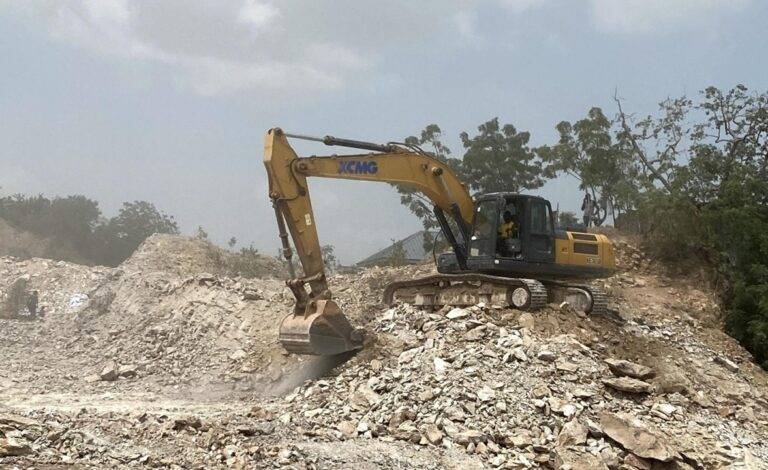How Ghana Is Losing Millions of Cedis in Stone Quarry Sector Royalties
Ghana's stone quarry sector, a crucial component of the country's construction and infrastructure development, is currently facing significant challenges that are resulting in the loss of millions of cedis in royalties. Despite the immense potential for revenue generation from this industry, systemic issues such as inadequate regulatory oversight, illegal quarrying activities, and weak enforcement of existing laws have led to substantial financial losses for the government. This situation not only undermines the economic contributions of the sector but also hampers the country’s overall development efforts.
One of the primary factors contributing to the financial shortfall in the stone quarry sector is the prevalence of illegal quarrying operations. Many individuals and companies engage in unlicensed mining activities, circumventing the legal framework designed to regulate the industry. These illegal operations not only evade royalty payments but also pose serious environmental risks, including land degradation and water pollution. The absence of stringent enforcement mechanisms allows these illicit activities to flourish, resulting in a significant loss of potential government revenue that could be reinvested in public services and infrastructure projects.
Additionally, the lack of proper accounting and transparency within the sector further exacerbates the problem. Many licensed quarry operators do not report their production levels accurately, leading to discrepancies in the calculation of royalties owed to the government. The absence of a robust monitoring system makes it difficult for regulatory authorities to track production levels and ensure compliance with royalty payment obligations. As a result, the government is deprived of millions of cedis that could have been collected as royalties, which are essential for funding various developmental initiatives across the country.
Moreover, the challenges faced by the stone quarry sector are compounded by inadequate government support and investment in the industry. Without the necessary infrastructure and resources, legitimate operators struggle to compete with illegal quarrying activities. The lack of access to modern technology and training limits the ability of licensed operators to enhance productivity and efficiency, further widening the gap between legal and illegal operations. To mitigate these losses, there is an urgent need for the government to implement comprehensive strategies that promote lawful practices, enhance monitoring, and provide support for legal operators.
In response to these challenges, stakeholders in the stone quarry sector are calling for a multi-faceted approach to address the underlying issues. This includes strengthening regulatory frameworks, enhancing enforcement capabilities, and fostering collaboration between government agencies, industry players, and local communities. By improving transparency and accountability within the sector, the government can ensure that royalty payments are collected effectively and that the benefits of the quarrying industry are fairly distributed. Furthermore, investing in infrastructure development and capacity building for legitimate operators can help create a more competitive environment that discourages illegal activities.
In conclusion, Ghana's stone quarry sector is losing millions of cedis in royalties due to a combination of illegal operations, inadequate regulatory oversight, and lack of support for legitimate businesses. Addressing these challenges requires a concerted effort from the government and industry stakeholders to promote compliance, enhance monitoring, and invest in the sector's growth. By tackling these issues head-on, Ghana can unlock the full potential of its stone quarry industry, generating significant revenue that can be utilized for national development and improving the livelihoods of its citizens.



No comments yet
Be the first to share your thoughts!